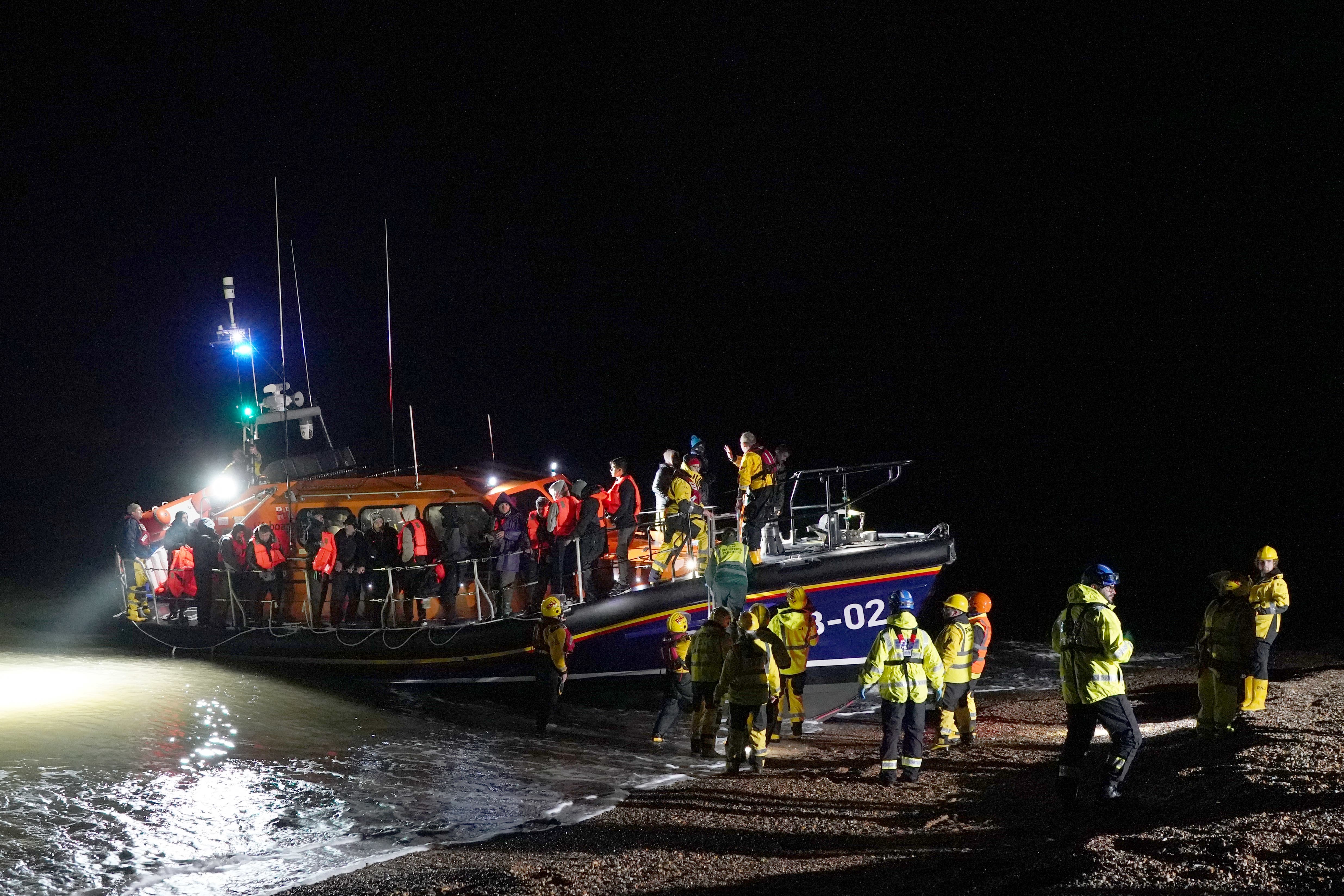Small boat crossings: How the nationality of arrivals has changed
Turks are now one of the most common groups of people arriving in the UK on small boats.

Your support helps us to tell the story
From reproductive rights to climate change to Big Tech, The Independent is on the ground when the story is developing. Whether it's investigating the financials of Elon Musk's pro-Trump PAC or producing our latest documentary, 'The A Word', which shines a light on the American women fighting for reproductive rights, we know how important it is to parse out the facts from the messaging.
At such a critical moment in US history, we need reporters on the ground. Your donation allows us to keep sending journalists to speak to both sides of the story.
The Independent is trusted by Americans across the entire political spectrum. And unlike many other quality news outlets, we choose not to lock Americans out of our reporting and analysis with paywalls. We believe quality journalism should be available to everyone, paid for by those who can afford it.
Your support makes all the difference.Prime Minister Rishi Sunak told a Downing Street press conference that small boat crossings by Albanians have been cut “by 90%” – a change that has led to a more varied mix of nationalities making the journey this year, with fewer arrivals overall.
Some 12,658 Albanians were detected making the crossing in 2022, 28% of the total and the single largest group of arrivals, according to the latest available Home Office figures.
By contrast, 922 Albanians have been recorded up to November 29 this year, or 3% of the total.
It means the number of Albanians arriving in small boats is down 93% year-on-year.
This sharp drop means 2023 has seen a change in the most common groups making the crossing.
Afghans currently account for the single largest group of arrivals this year, at 20% – the same proportion as for the whole of 2022.
The next largest group is made up of Iranians on 12%, down slightly from 13% last year.
But the third most common group is made up of Turks, whose arrivals have jumped from 2% last year to 11% so far in 2023.
The mix of nationalities of people arriving on small boats across the Channel has evolved from year to year.
In 2018 and 2019, when comparatively few crossings were recorded, most arrivals were Iranian (80% and 66% respectively).
A change came in 2020, with Iranians still the leading nationality but accounting for 28% of arrivals, followed by Iraqis (19%), Sudanese (11%) and Syrians (9%).
Iranians and Iraqis together accounted for more than half of arrivals in 2021 (30% and 22% respectively), with a mix of countries once again making up the rest.
There was another change in 2022: Iranians and Iraqis dropped to 13% and 10% respectively, with Albanians (28%) and Afghans (20%) the leading nationalities.
The data for 2023 so far suggests a new trend is emerging, with a sharp drop in Albanian arrivals and a jump in the proportion from Turkey.
All figures are based on the total number of arrivals where nationality has been recorded by the Home Office.
Following the spike in summer 2022 in the number of Albanians arriving in the UK on small boats, the governments of both countries struck an agreement to work together to prevent people from making the journey.
This included placing UK border force staff at Tirana airport in Albania’s capital, the exchange of senior police officers and the creation of a joint migration task force.
The cumulative number of small boat arrivals this year currently stands at 29,090, down 34% on the total at the same point last year.